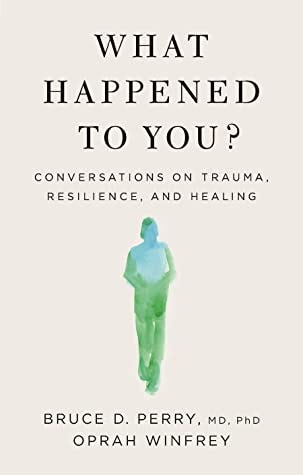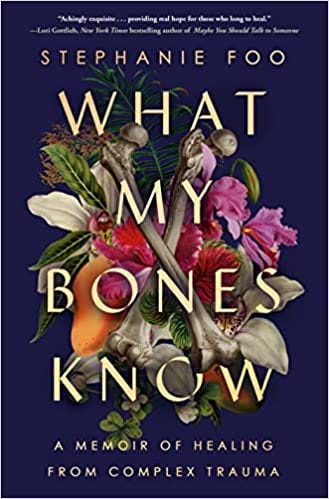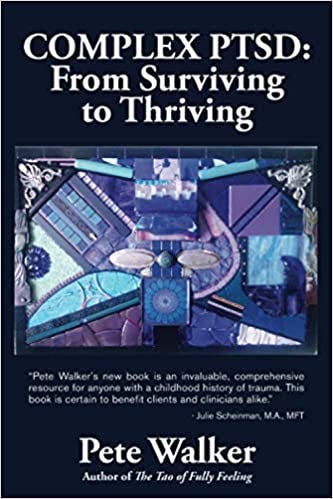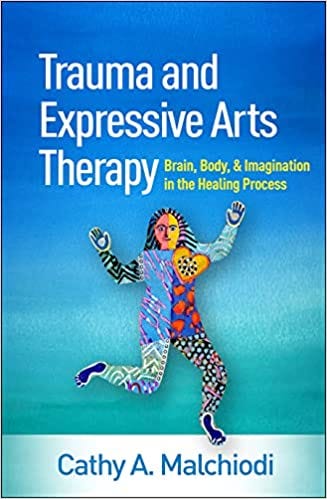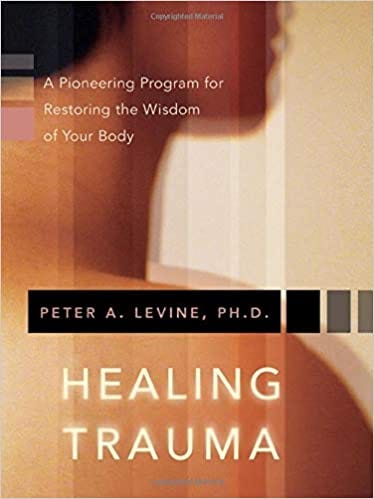Hello there! I’m delighted that you are subscribed to my notes and make time to read them. I’d like to thank you, so, THANK YOU 😊!
This week I want to begin by sharing some books to read about trauma. Not just trauma but complex trauma, a mental health issue not so discussed around us. In the near future I intend to dedicate series of notes to bring clarity to trauma, starting with childhood trauma. Stay tuned! But for now, lets swing in!
One of the most misunderstood psychological disorders is complex trauma, a major mental health issue that is still not included in the Diagnostic and Statistical Manual of Mental Disorders (DSM).
The National Child Traumatic Stress Network defines complex trauma as “children’s exposure to multiple traumatic events—often of an invasive, interpersonal nature—and the wide-ranging, long-term effects of this exposure. These events are severe and pervasive, such as abuse or profound neglect.”
Complex trauma survivors frequently look for affirmation, knowledge, and optimism on their road to recovery. The books listed below are excellent options for addressing these needs.
What Happened to You?: Conversations on Trauma, Resilience, and Healing by Dr Bruce D. Perry and Oprah Winfrey
The necessity to accept the inquiry "What happened to you?" rather than the question "What's wrong with you?" is one of this book's main topics. Such a paradigm shift is crucial because it pushes us to move our attention away from the current culture's symptom-obsession and toward the cause, which is frequently trauma. This is what results when media mogul Winfrey, a survivor of childhood trauma, and trauma expert Perry, a physician and neuroscientist, discuss complicated trauma.
What My Bones Know: A Memoir of Healing from Complex Trauma by Stephanie Foo
In this memoir, Foo, reveals how complex trauma affected her health, relationships, and profession in this autobiography, which is open, educational, and validating. She discusses the challenges trauma survivors frequently face, such as breaking up with therapists, attempting numerous therapies, negotiating inadequate family members, etc., along with the challenging path from diagnosis to healing. She also examines the effects of intergenerational trauma on her neighbourhood, family, and adult relationships as well as her search for and adoption into her chosen family.
Complex PTSD: From Surviving to Thriving: A Guide and Map for Recovering from Childhood Trauma by Pete Walker, LMFT
Walker, a marriage and family therapist, offers this crucial resource as he covers a variety of subjects, including attachment, taming the inner and outside critic, regulating codependency, and overcoming typical challenges in trauma recovery. He includes his own experiences as a complex trauma victim, which is uncommon in books produced by therapists, as case studies to explain key ideas. Depending on how each survivor reacts to trauma differently, Walker offers a variety of healing tactics and possibilities, and he advises survivors to drop any that don't work for them. Hers’s a self-help book that is well-researched, insightful, and devoid of jargon.
Trauma and Expressive Arts Therapy: Brain, Body, and Imagination in the Healing Process by Cathy A. Malchiodi, PhD.
Innovative expressive arts therapist Malchiodi offers decades of research, case studies, and therapies. Expressive arts therapy treats trauma by using bodily and sensory interventions, such as movement, sound, play, art, and theatre, as opposed to just talking therapy. It contains a wide range of interventions, including, among others, methods to improve relationships, safety, self-control, resilience, and mindfulness. The fact that these treatments are created for both adults and children is a tremendous advantage of this book.
Warriors of Love, written and illustrated by Nina Mutik
Nina Mutik drew this meaningful “Warriors of Love” comic about recovering from a bad childhood and learning how to love. It is a 10-page pamphlet appropriate for both adults and kids. It is concise and to the point, plus it has wonderful drawings.
Healing Trauma: A Pioneering Program for Restoring the Wisdom of Your Body by Peter A. Levine, PhD.
In his ground-breaking book Waking the Tiger, Levine established the concept of Somatic Experiencing (SE), a sort of therapy that emphasizes the interrelationship between the mind and body. Levine offers a how-to manual for SE that explains how to find the physiological causes of your emotions, how to deal with stressful situations in an emergency, and how to become more aware of your body to "renegotiate" and recover from traumas by "visiting" them rather than reliving them. In his ground-breaking book Waking the Tiger, Levine established the concept of Somatic Experiencing (SE), a sort of therapy that emphasizes the interrelationship between the mind and body. Because trauma lives in your body, this book discusses strategies to help you focus on your body in other to recover.
Complex trauma shapes the lives and experiences of survivors but the good news is that there is hope on the road to recovery. These books will challenge you, educate you, inspire you and empower you.
Thank you for reading. If you or someone you know has experienced acute or complex trauma and need help, please reach out to me on psychphidims@gmail.com.
If you enjoyed the read, please share!




